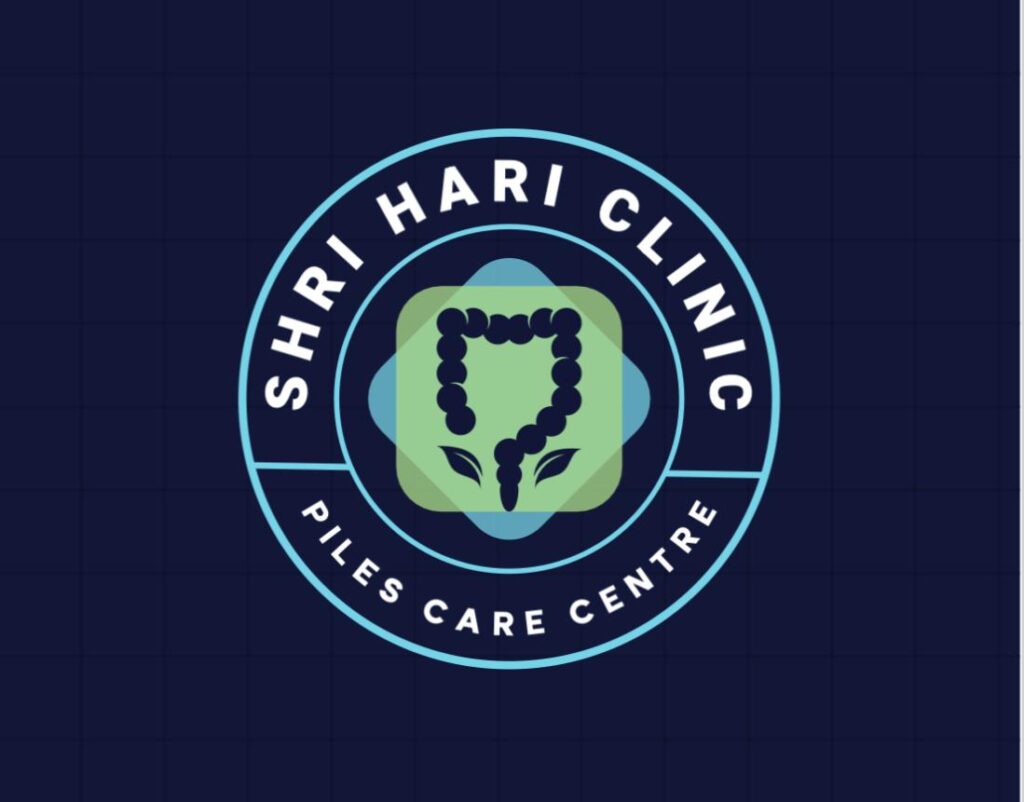Pilonidal sinus is a condition where a small hole or tunnel forms in the skin, usually near the tailbone. Symptoms typically include swelling, pain, and sometimes drainage like pus or blood. You might wonder about the limitations of traditional treatments like surgery, which can have long recovery times and might not stop the problem from coming back. That’s why alternatives like Ayurvedic treatment for Pilonidal sinus are gaining interest.
In Ayurveda, a pilonidal sinus is called Nadi Vrana. It’s believed that the root cause is an imbalance of doshas, which are the forces or energies within the body. When these doshas are out of balance, toxins can accumulate, resulting in health issues like a pilonidal sinus. Ayurveda focuses on restoring this balance to help heal the condition naturally.
The philosophy of Ayurveda is all about holistic healing. It doesn’t just look at physical symptoms. Instead, Ayurveda takes a comprehensive view of health, including the mind, body, and lifestyle. It believes that by aligning these three aspects, one can achieve optimal health and Pilonidal sinus relief through Ayurveda. Being gentle and natural, this approach aims to heal and prevent recurrence not just on the surface but from deep within the body.
Ayurvedic Treatments for Pilonidal Sinus Relief
One of the popular Ayurvedic remedies for pilonidal sinus is Kshar Sutra therapy. This technique uses a special medicated thread that helps gradually cut and heal the sinus pathway. The benefits of this therapy include minimal scarring and a lower chance of the sinus coming back compared to standard surgery. The process involves placing this medicated thread inside the sinus tract, which is then changed periodically to achieve healing.
Topical applications are another key part of Ayurveda. You might be familiar with ingredients like turmeric and neem oil, which are commonly found in many homes. These are used in herbal pastes applied to the affected area. Turmeric is known for its anti-inflammatory properties, and neem oil is an excellent antibacterial agent. Together, these topical treatments help reduce swelling and speed up healing.
Besides topical treatments, Ayurveda emphasizes internal healing as well. There are pilonidal cyst ayurvedic medicine options like herbal formulations that assist in detoxifying the body and promote healing. Ayurvedic practitioners might recommend consuming herbs like Triphala or Yashtimadhu to cleanse the body.
Diet plays a huge role in Ayurveda. Following an Ayurvedic diet for pilonidal sinus involves eating foods that help balance your doshas. For instance, if one has excess Kapha, light and warm foods might be recommended. Drinking enough water and avoiding processed foods can also make a significant difference.
The Natural Healing Advantage: Ayurveda vs. Surgery
When considering treatment options, it’s enlightening to compare surgical solutions to the non-invasive nature of Pilonidal sinus relief through Ayurveda. Surgery, while an option, includes risks like infections and longer recovery periods. In contrast, Ayurveda offers a gentle, more holistic pathway.
One of the major benefits of Ayurveda is its long-term effectiveness. It’s more about making lifestyle changes and addressing underlying imbalances than just tackling surface symptoms. This holistic healing helps in sustaining health and preventing future occurrences. Instead of going through a lengthy recovery from surgery, Ayurveda encourages gradual healing through natural methods.
Supporting practices in Ayurveda also play a crucial role. Simple daily habits like managing stress, getting enough sleep, and maintaining a moderate level of physical activity can significantly enhance healing. These practices not only help the body recover from a pilonidal sinus but also improve overall well-being.
Real-life Success with Ayurvedic Treatment for Pilonidal Sinus
Take the story of John, who couldn’t stave off his recurring pilonidal sinus through multiple surgeries. He turned to Ayurvedic treatment for Pilonidal sinus and discovered a significant improvement. Gradually, he experienced less pain and swelling, and, ultimately, a complete recovery without surgery.
Although there are impressive stories, it’s also crucial to remember Ayurveda isn’t always a substitute for surgical interventions. Some severe cases might still need surgery. However, Ayurveda can complement surgical recovery. This collaboration between treatments allows for more comprehensive healing.
In conclusion, if you’re thinking about treating pilonidal sinus, exploring Ayurveda as a holistic approach is worthwhile. Its emphasis on natural healing and preventing recurrence through lifestyle changes is appealing. Always seek professional Ayurvedic guidance to tailor the treatments to your specific needs. By integrating Ayurvedic practices, you may find a pathway to healing that suits your body and lifestyle.
Pilonidal sinus is a condition where a small cyst or abscess forms at the base of the spine, often caused by ingrown hair or infection. While surgical intervention is commonly recommended, Ayurveda offers natural alternatives that focus on reducing inflammation, promoting healing, and preventing recurrence. Ayurvedic treatments for pilonidal sinus may include herbal remedies, detoxification techniques, and topical applications designed to improve circulation and reduce infection.
At Shri Hari Clinic, we specialize in Ayurvedic solutions for pilonidal sinus, providing personalized care that addresses the root causes and supports your healing process.
Consult Shri Hari Clinic today to explore safe and effective Ayurvedic treatments tailored to your needs.



